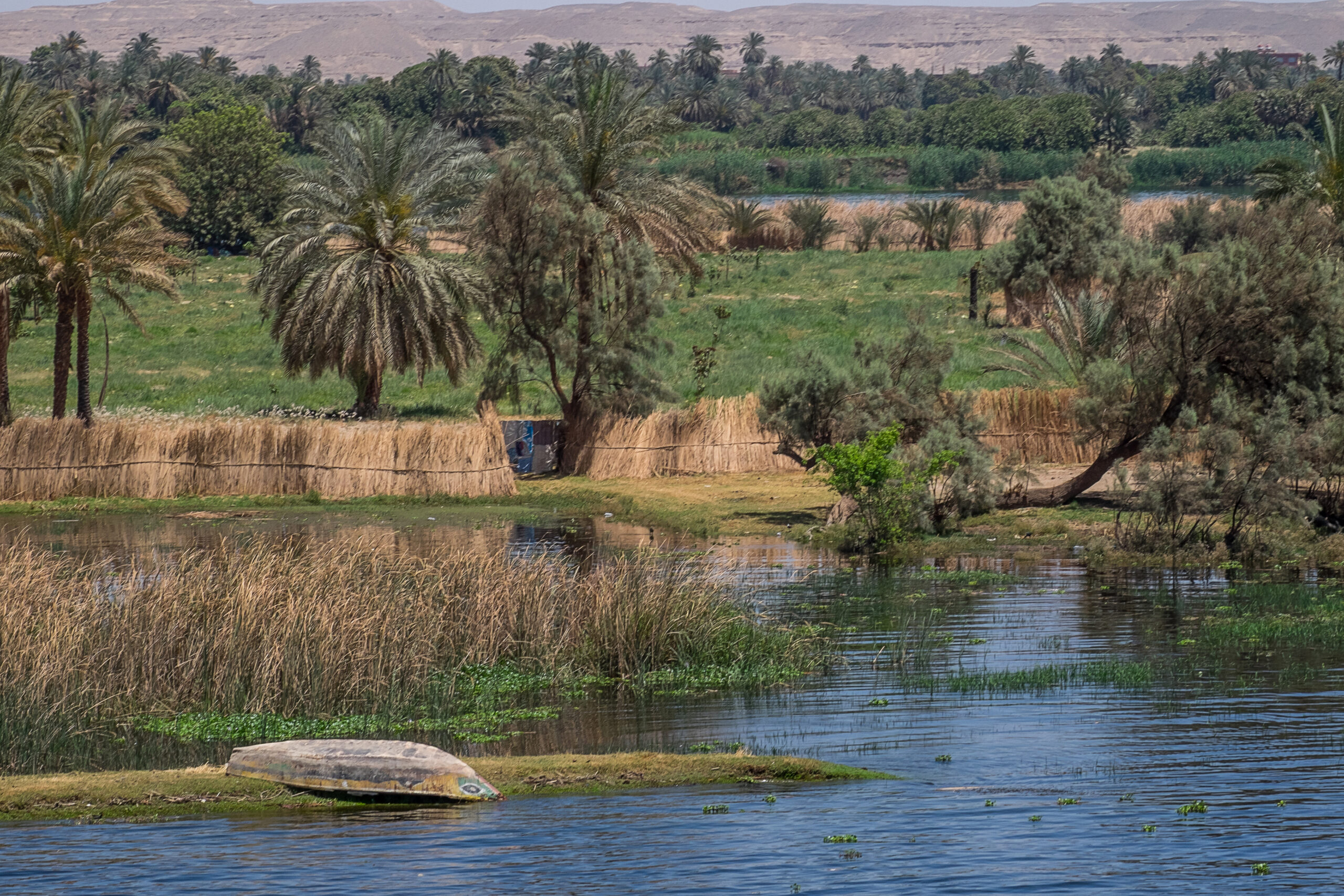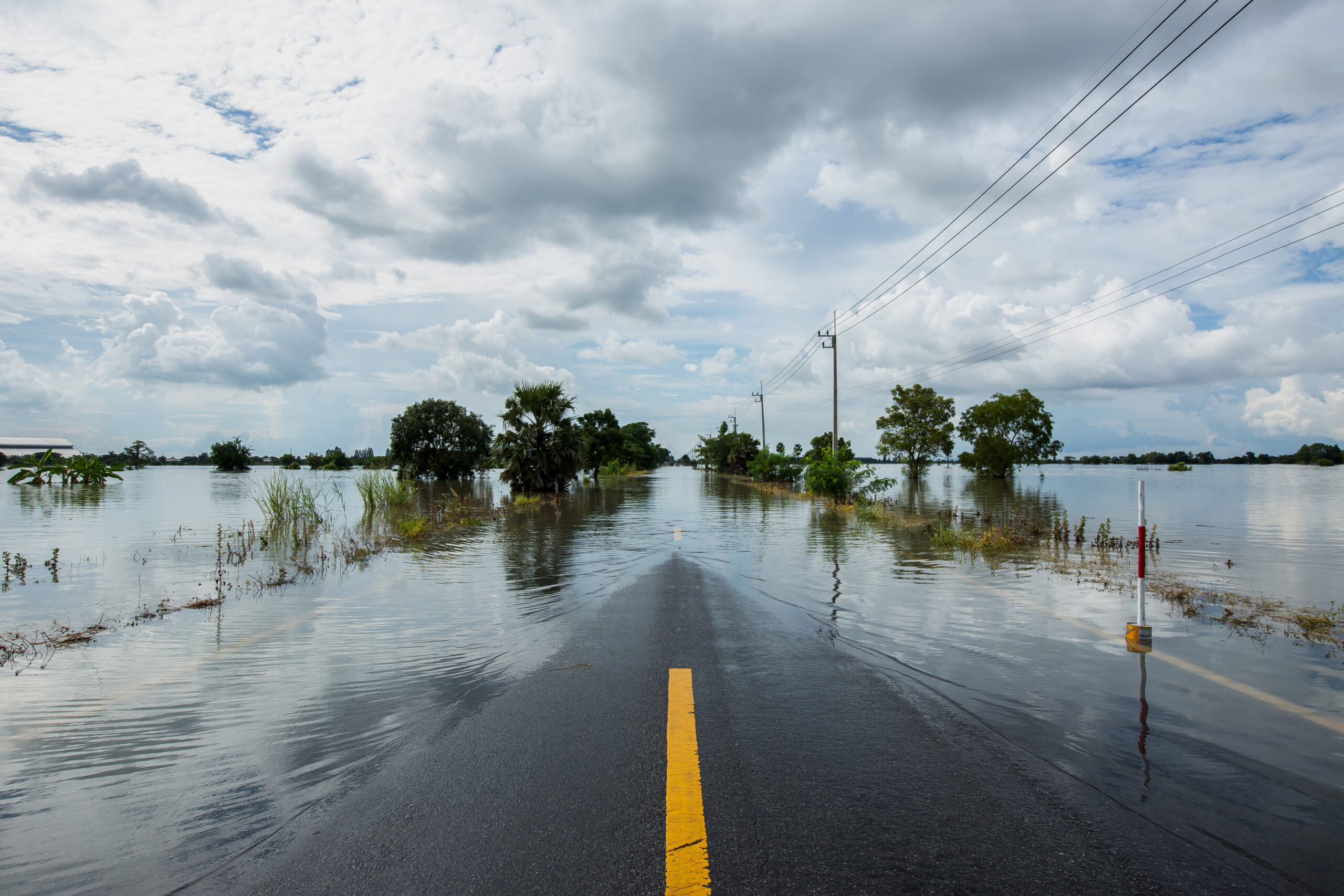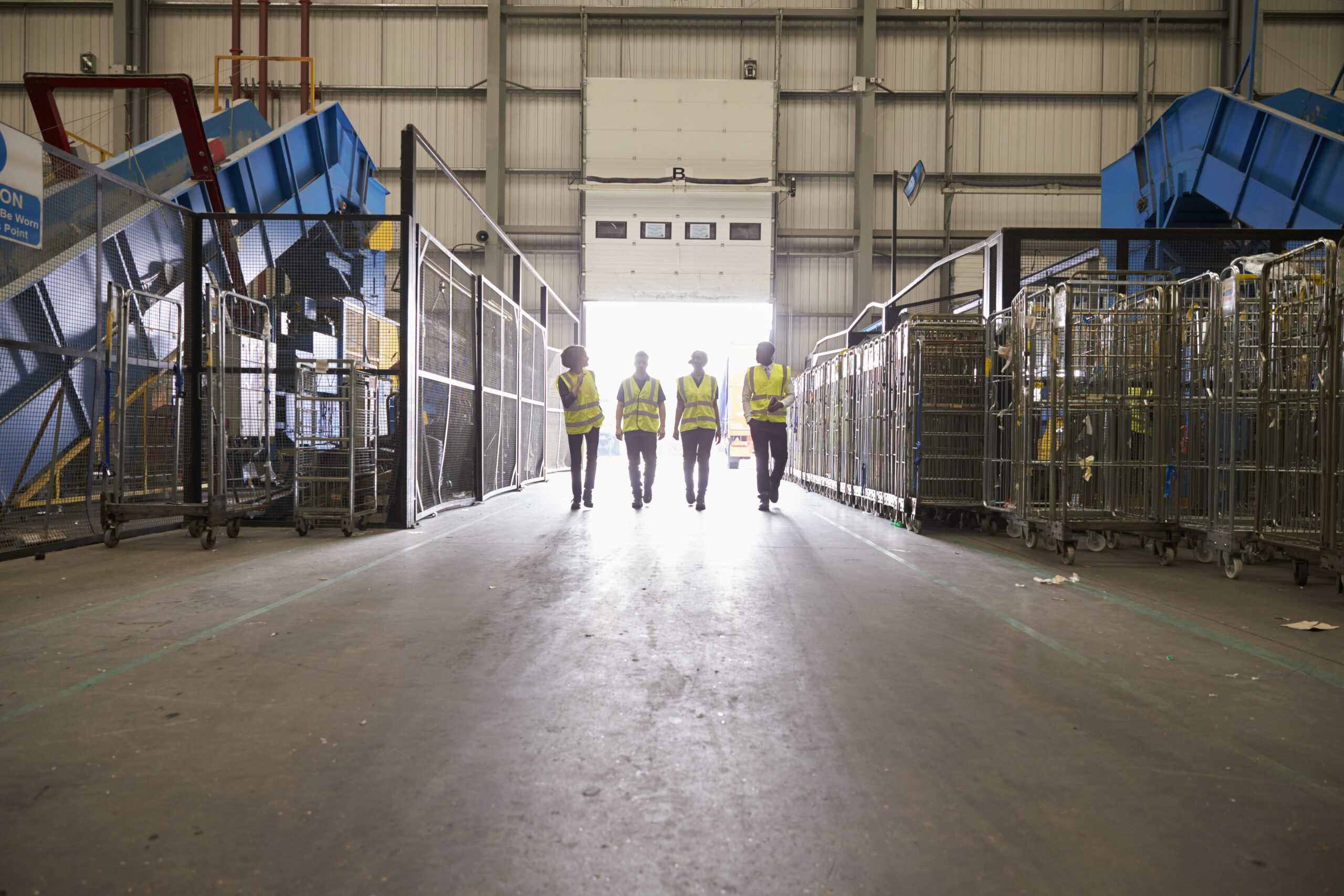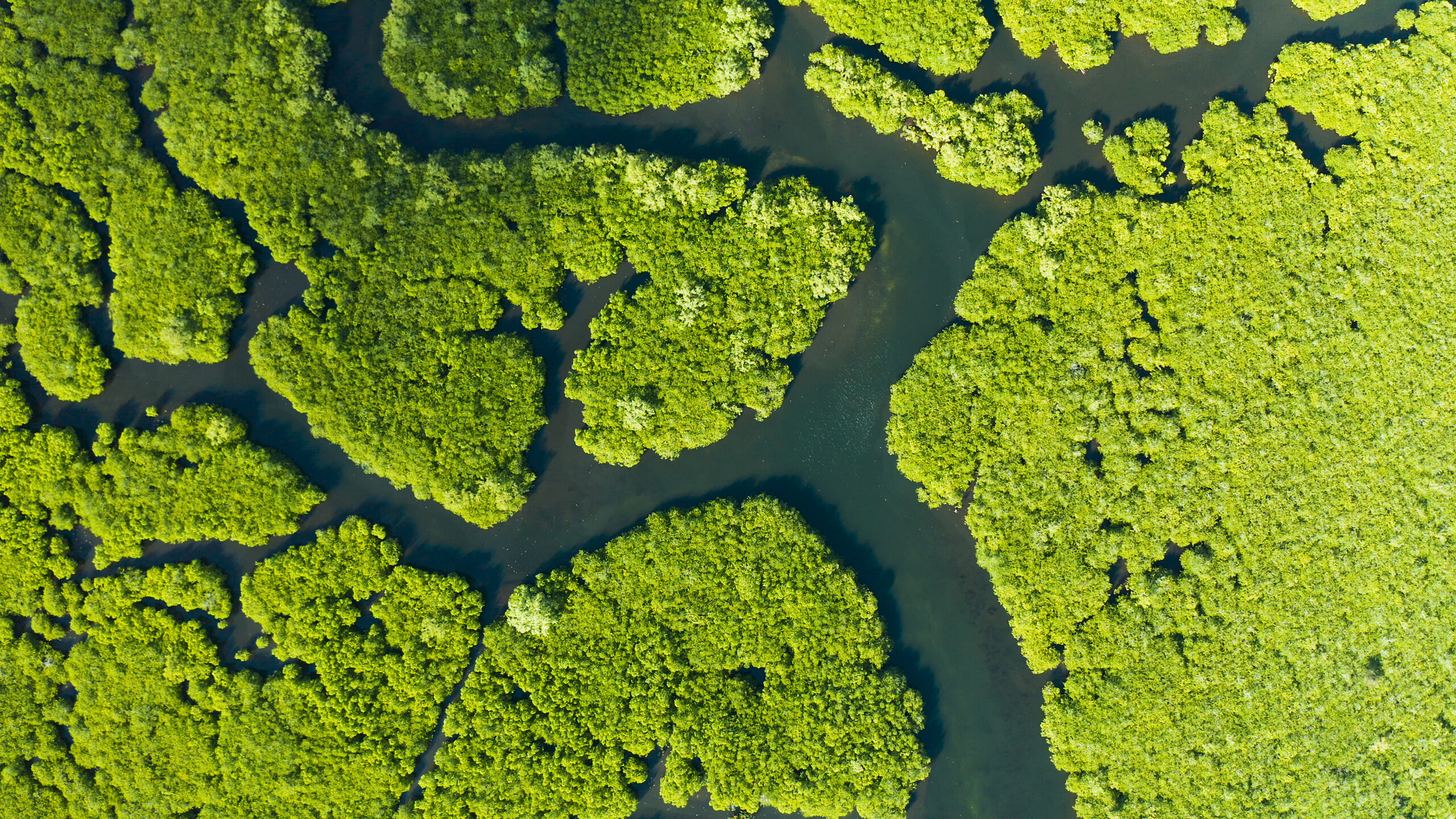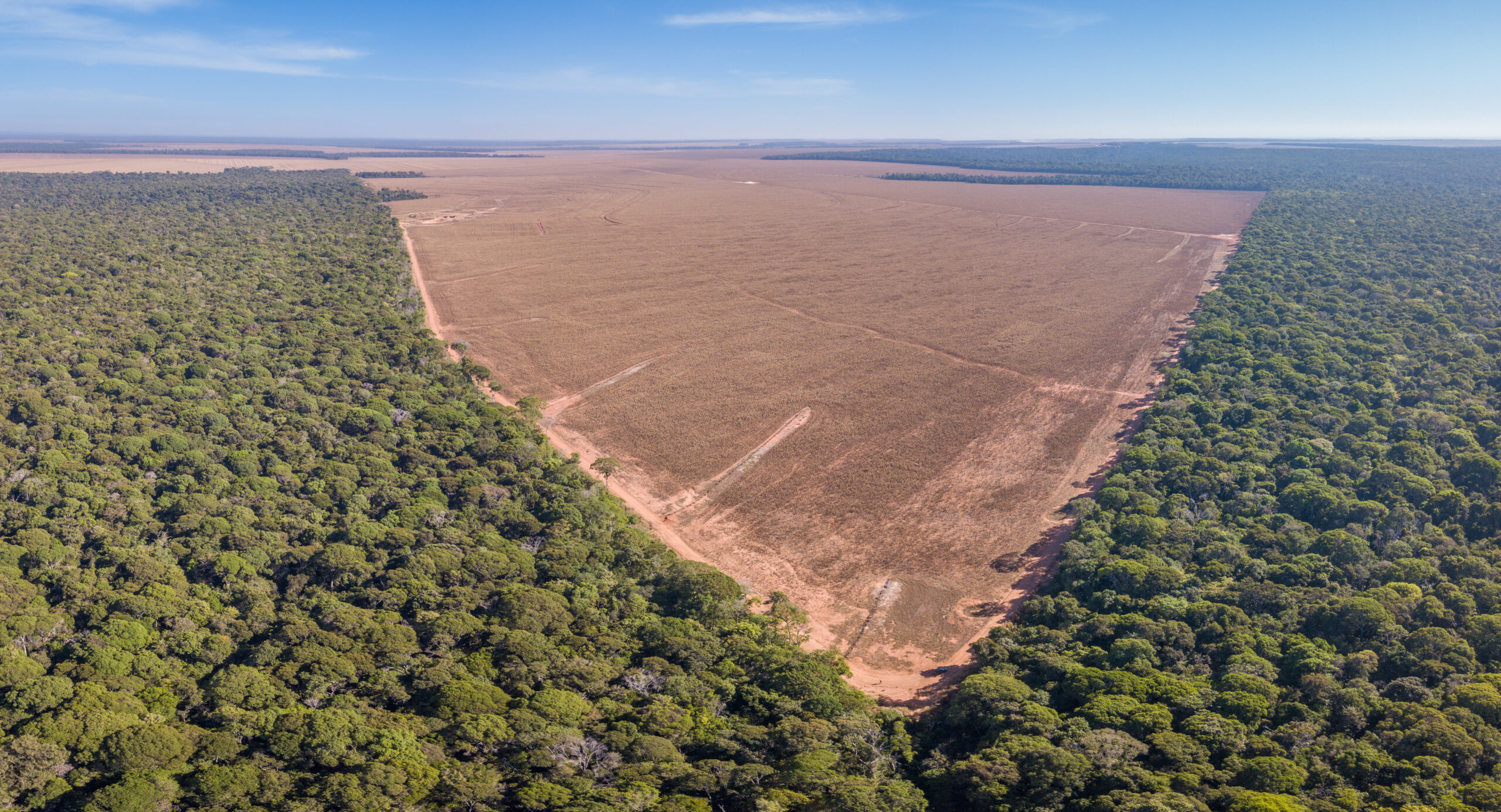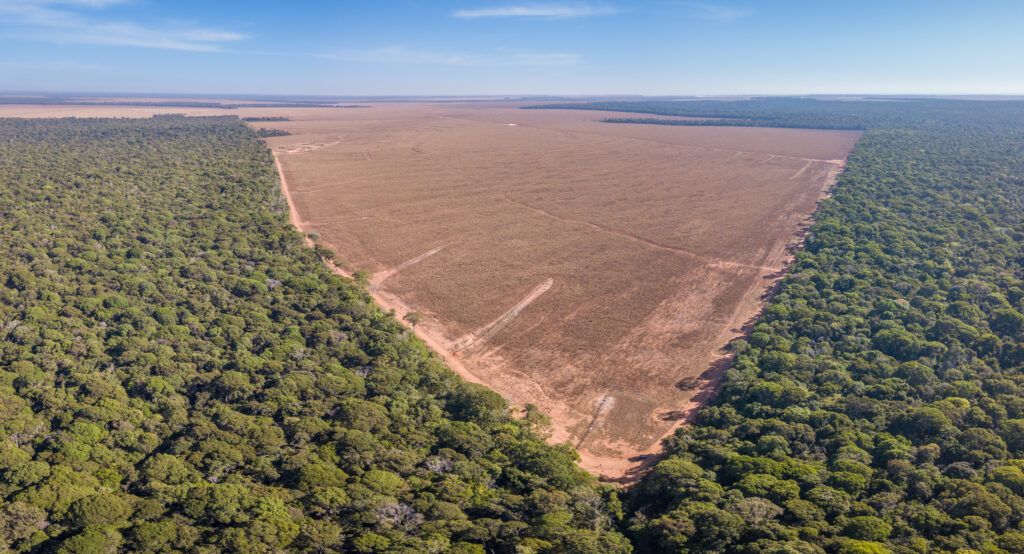
Tackling Illegal Tropical Deforestation through Climate Policy
Deforestation is the primary source of greenhouse gas (GHG) emissions in much of the humid tropics, with a significant amount occurring illegally. Not only does this have negative climate impacts but also far-reaching biodiversity and social consequences. In a country where forested landscape makes-up a large part of its geography, illegal deforestation was primarily being caused by mining activities and agricultural expansion, with wealthier landowners often preying on poorer communities to implement their illegal activities. States have principally relied on the federal government for law enforcement, however, this strategy has proven to be inconsistent and dependent on which political party holds power in the capital. For this reason, a consortium of States has agreed to greater cross border cooperation including policy and law enforcement to curb illegal deforestation.
Direct action against illegal actors is more effective when policies, laws and enforcement tactics are standardised, coordinated, and shared among states in a federally governed country. With a high-level framework agreed to among states, a client sought to develop a cross-cutting GHG mitigation and adaptation project that would create a consistent policy environment for state governments and standardised training and legal structure for law enforcers. Combined with adaptation measures that aimed to create employment and development in areas of high illegal deforestation, this project promises to be highly effective at reaching net zero deforestation by 2030, the country’s ambitious goal.
We worked with the client to develop the project from a funding and effectiveness lens. Using our expertise in policy and adaptation strategies, we helped develop a clear identification of the problem and the theory of change that would lead to achieving state and national objectives. We then supported the client to create sound and practical activities that could be funded by the international community. We then developed a proposal to access funding from an international donor.
Identifying the problem, putting in place the right policies, and accessing financing are all frequent challenges faced by countries seeking to achieve their climate ambitions and mobilize funds from the international community.
Developing a theory of change and the right activities that can address the underlying causes of a problem while achieving the desired objectives of the investment are common areas where we see countries requiring support. Reach out to us and let us help you design the right activities and theory of change to achieve outcomes and support your climate finance mobilization needs.
We have anonymized this story to protect the confidentiality of our client and where it took place, but the actions and results are real.
Our Stories
AvaTerra Global has vast global experience leading high-impact engagements across the climate, development, and sustainable investment landscapes.
We invite you to read about some of the results we have delivered for our clients.
A Holistic Climate Project for Small Islands
Aligning Ambition: Building a Climate Investment Vision that Can Attract Finance
Bridging the Gap: From Climate Proposals to Bankable Finance
Building Knowledge, Building Adaptation
Creating a Fund to Kickstart Climate Ready Technologies
Developing Carbon Trading Methodologies for Increased Recycling of Solid Waste
Investing in Advanced Low-Carbon Climate Technologies
Nature-Based Solutions to Combat Water Related Disasters
Raising Profiles, Raising Finance
Tackling Illegal Tropical Deforestation through Climate Policy
Let’s Stay Connected
If you’re exploring opportunities to collaborate or want to see how we can support your work, provide your email address and sector here.
Knowing a little about your context helps us better understand how we can support you.


